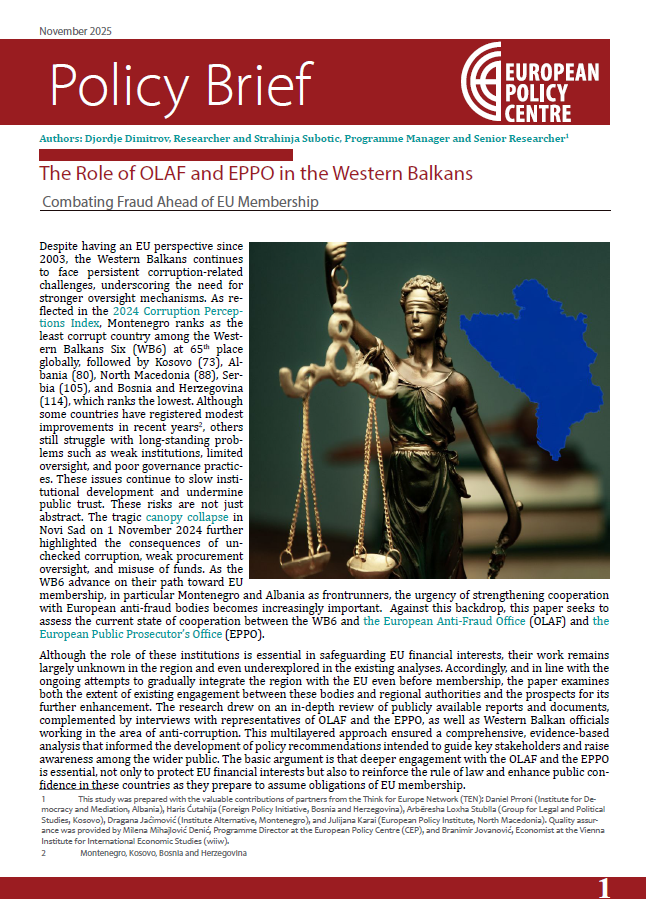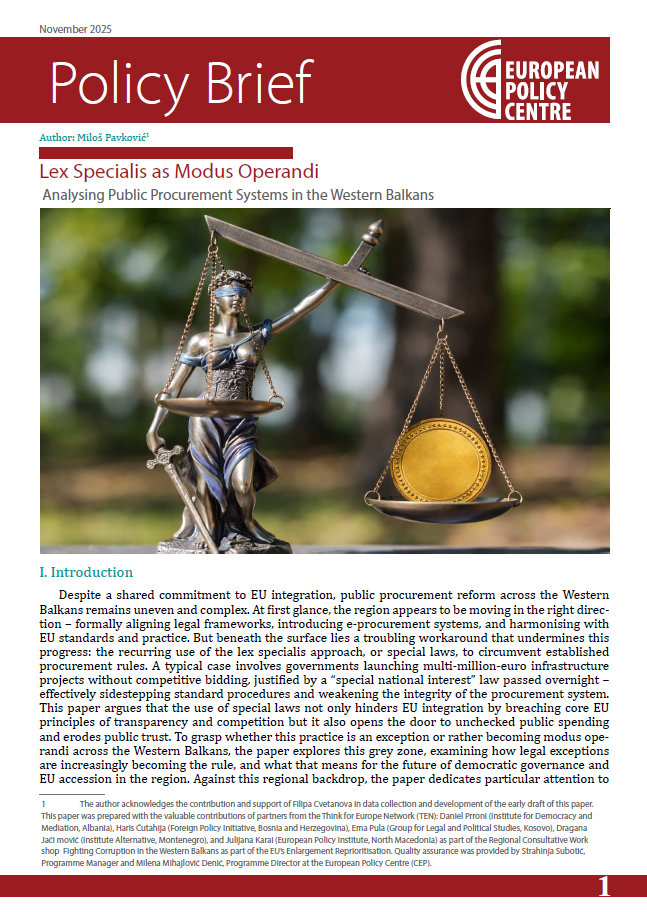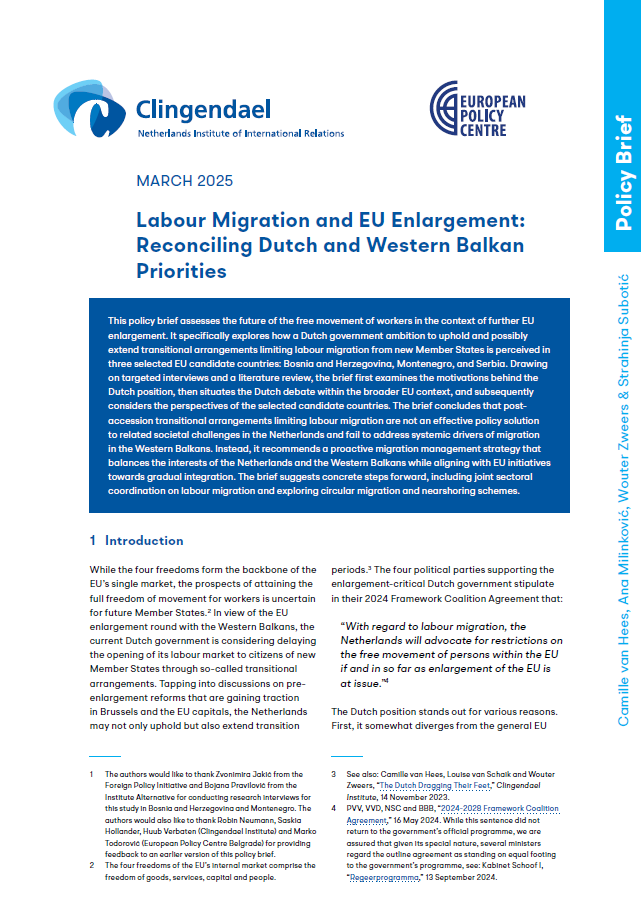Headquarters: Svetog Nauma 7, 11000
Office address: Đorđa Vajferta 13, 11000
Phone:: +381 11 4529 323
At the 15th BRICS summit in August 2023, the BRICS nations (Brazil, Russia, India, China, and South Africa) announced plans to expand their membership by inviting six nations to join as official members. This move means that when Argentina, Egypt, Ethiopia, Iran, Saudi Arabia, and the United Arab Emirates, join the bloc with full membership in January 2024, BRICS will represent about 46.5% of the global population and about a third of the global GDP.
The expansion will likely aid BRICS’ legitimacy as a representative and inclusive institution. However, it also makes an organisation that has already been criticised for being a varied, miscellaneous collection of member-states, even more heterogeneous, adding new regional dynamics, political governance structures, development stages, and economic specialisations to the mix. The expansion thus has considerable implications for the governance, efficacy, and character of BRICS as an international institution.
Meanwhile, scholars and analysts have situated the existence of BRICS in the context of a global political power contest between Russia, China, and the US. This struggle takes place within a Western-led world order that many developing countries also perceive as institutionally excluding the voices and interests of the global South, particularly in the sphere of economic development. The expansion of BRICS, and the subsequent effects it has on the organisation’s competence, is, therefore, a significant development in international politics, even if it is not the watershed for a multipolar world order that some have been hoping for.
This paper aims to track the international context behind the BRICS challenge to Western organisations, discuss the potential geopolitical consequences of a BRICS expansion in the context of a Russian power play, and consider the implications for Serbia’s global positioning.


